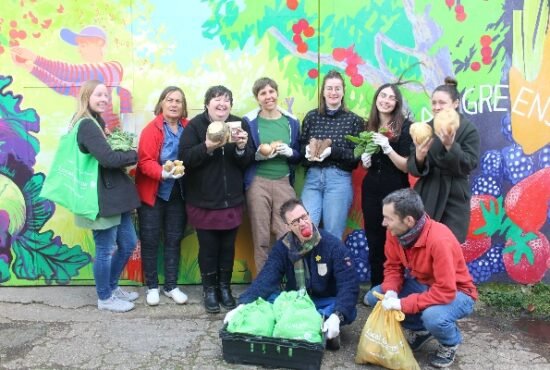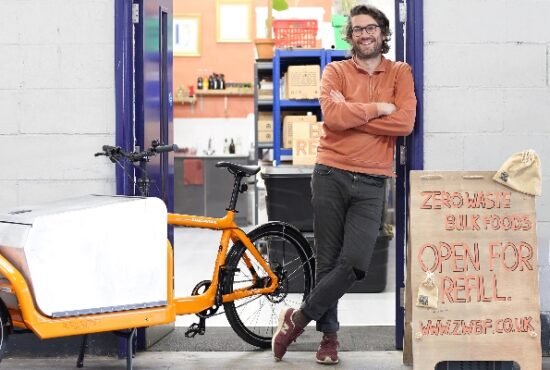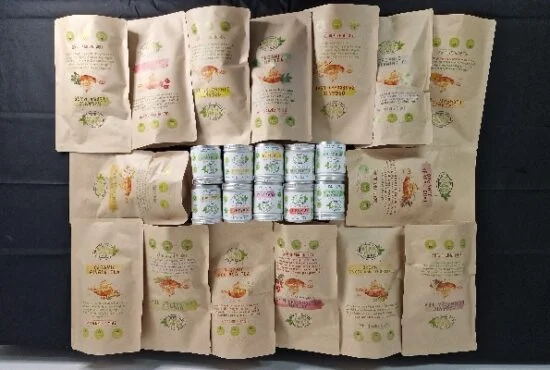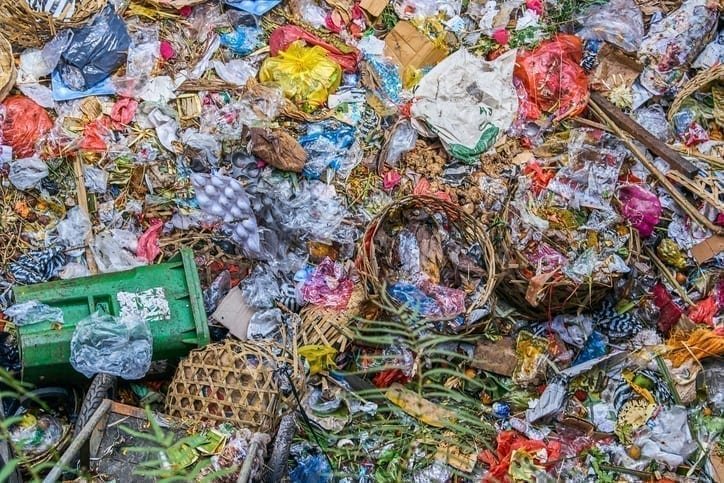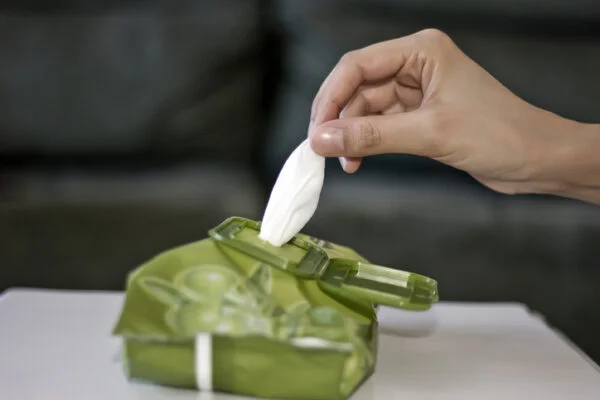The UK’s approach to calculating packaging recycling rates is not sufficiently robust, and government appears not to have faced up to underlying recycling issues, says today’s report by the National Audit Office (NAO).
Reducing waste and using resources more efficiently are long-standing objectives for the government, and tackling packaging waste is essential to achieving these ambitions.
The Department for Environment Food and Rural Affairs (Defra) estimates the UK has exceeded its overall packaging recycling target every year since 1997, and recycled 64% of packaging in 2017 – exceeding the EU target of 55%. However, the NAO has found that these figures do not account for the risk of undetected fraud and error.
Overall the increase in packaging recycling rates has been mostly due to a growth in exports: since 2002 the quantity of packaging waste exported abroad has increased sixfold while the quantity recycled in the UK has remained the same.
Inadequate checks on exported waste
A key government initiative to ensure that packaging is recycled – the packaging recycling obligation system – has subsidised waste exports to other parts of the world without adequate checks to ensure it is recycled, the NAO report says.
Defra also has no evidence that the system has encouraged companies to minimise the use of packaging or make it easy to recycle.
The packaging regulations create a complex market-based system to meet packaging recycling targets. They require companies that handle over 50 tonnes of packaging per year and have a turnover higher than £2m to demonstrate that they have recycled a certain amount of packaging.
They must do this by obtaining recovery evidence notes from accredited UK reprocessors and companies exporting waste for recycling abroad.
In 2017, 7,002 UK companies registered and paid a total of £73m towards the cost of recycling packaging.
Where does our recyclable waste go?
The report identifies that the Environment Agency (EA), which is responsible for enforcing the system’s regulations in England, has ‘fallen well short of its targets for inspections’.
In 2016-17 the EA only carried out 40% of planned compliance visits to reprocessors and exporters to check they accurately report the amount of packaging recycled.
The risk that companies over-claim is potentially more acute for exporters than for UK-based recycling companies, with risks that some exported material is not recycled under equivalent standards to the UK and is instead sent to landfill or contributes to pollution.
Yet exporters rated as high risk were less likely to receive a compliance visit than those rated low risk.
Time for reform
The EA has also identified a large number of companies that may have an obligation to pay into the system but have not registered. It does not have a good understanding of how significant the financial risk could be, the NAO says.
Defra has pledged to reform the system as part of a new strategy for waste and resources. The NAO has recommended that Defra should improve its approach to calculating packaging recycling rates. It should also do more to tackle the risks associated with waste being exported for recycling overseas.
 Play Video about This Rock Might Just Save The World
Play Video about This Rock Might Just Save The World Play Video about Play 2 hours of rock
Play Video about Play 2 hours of rock Play Video about Play 2 hours of brook
Play Video about Play 2 hours of brook Play Video about Play 2 hours of sheep
Play Video about Play 2 hours of sheep
